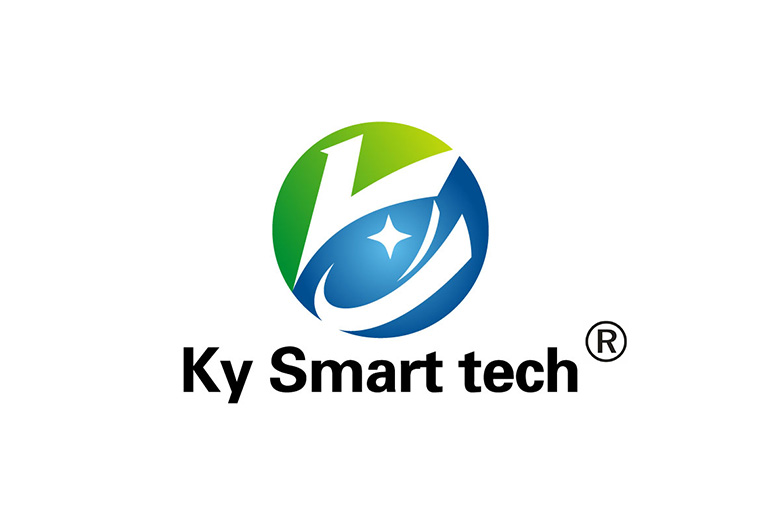New generation energy solution: 18650-70C sodium-ion battery surpasses traditional LiFePO4 battery in performance
At the International Sustainable Energy Conference held today, a sodium-ion battery called 18650-70C attracted widespread attention from the participants. The battery surpasses existing lithium iron phosphate (LiFePO4) battery technology in many key performance parameters and is considered a major advance in the field of renewable energy.
The performance of sodium-ion batteries is particularly outstanding under extreme low temperature conditions. Its discharge temperature can reach minus 40 degrees Celsius, which is more suitable for cold environments than the minus 30 degrees Celsius of LiFePO4 batteries. What’s even more striking is that the charging rate (3C) of this sodium-ion battery is three times that of the LiFePO4 battery (1C), and the discharge rate (35C) is 35 times that of the latter (1C). Under high-load pulse discharge conditions, its maximum pulse discharge rate (70C) is almost 70 times that of LiFePO4 battery (1C), showing huge performance potential.
In addition, sodium-ion batteries can be fully discharged to 0V without damaging battery life, which is of great significance for extending battery life. In terms of material reserves, sodium-ion batteries use more abundant and unrestricted resources, which means that on a global scale, sodium-ion batteries will be more affordable in terms of supply and cost than LiFePO4 batteries, which have more limited lithium resources. Advantage.
In view of the improvement in safety performance, this battery is declared to be “safer”, and although LiFePO4 batteries have been widely regarded as a safe battery type, in comparison with new sodium-ion batteries, the latter is obviously safer standard.
This technological breakthrough provides new power solutions for electric vehicles, mobile devices, and large-scale energy storage systems, and is expected to cause major changes in the global energy storage market.
As the energy transition continues to deepen, breakthroughs in new battery technologies have opened the door to a more efficient, greener, and more sustainable future.
Post time: Apr-23-2024


